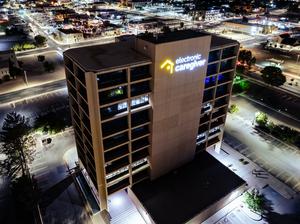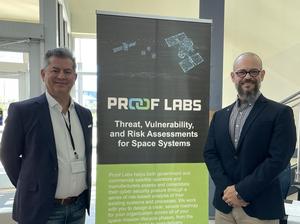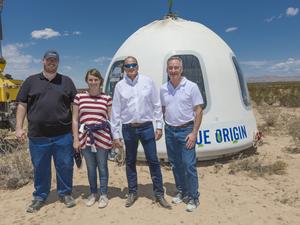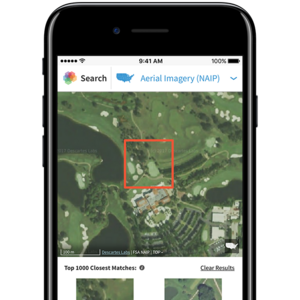
RS21, an Albuquerque-based data science company, announced Wednesday that it earned a research contract from the U.S. Space Force for its patented satellite fault protection artificial intelligence technology.
The technology — called Space Prognostic AI Custodian Ecosystem, or SPAICE — is a platform that uses AI to analyze data from satellites to predict if and when the Earth-orbiting systems will fail, sometimesweeks in advance.
This Space Force Small Business Innovation Research (SBIR) contract will give RS21 money over two years to begin deploying and expanding SPAICE, said Charles Rath, RS21's CEO. The company plans to first deploy SPAICE on the operations floor at the Johnson Space Center in Houston, but Rath said that SPAICE could eventually be used in other capacities, like on the International Space Station.
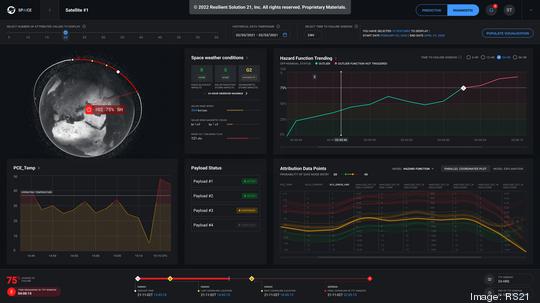
RS21 received $750,000 from the U.S. Air Force in 2021 through a SBIR grant to begin developing SPAICE. The Air Force awarded RS21 this money after it won the 2020 Hyperspace Challenge, a technological competition for companies focused on using automated software in space systems.
Besides predicting possible failures, the AI platform can also let satellite operators know why a certain satellite may fail so they can fix the problem, RS21's Chief Technology Officer Kameron Baumgardner said. He compared SPAICE to a "crystal ball" for satellite companies.
And, Baumgardner and Rath said, there's potential to not only use SPAICE with satellites but also with other pieces of high-value equipment that generate readable data.

SPAICE is a "huge propellant" for RS21's growth, Rath said. He said the deployment and expansion of this predictive AI technology could raise RS21's revenue above $100 million in three years; the company projects revenue around $11 million this year, Rath said.
With revenue growth could come "potentially hundreds" of new jobs in Albuquerque as RS21 scales to meet the "overwhelming amount of interest" RS21 has seen in satellite AI technology, he said.
"New Mexico is becoming a hub of space-related work," Rath said. "It's a really good time to be thinking about ideas that solve problems in this industry."
